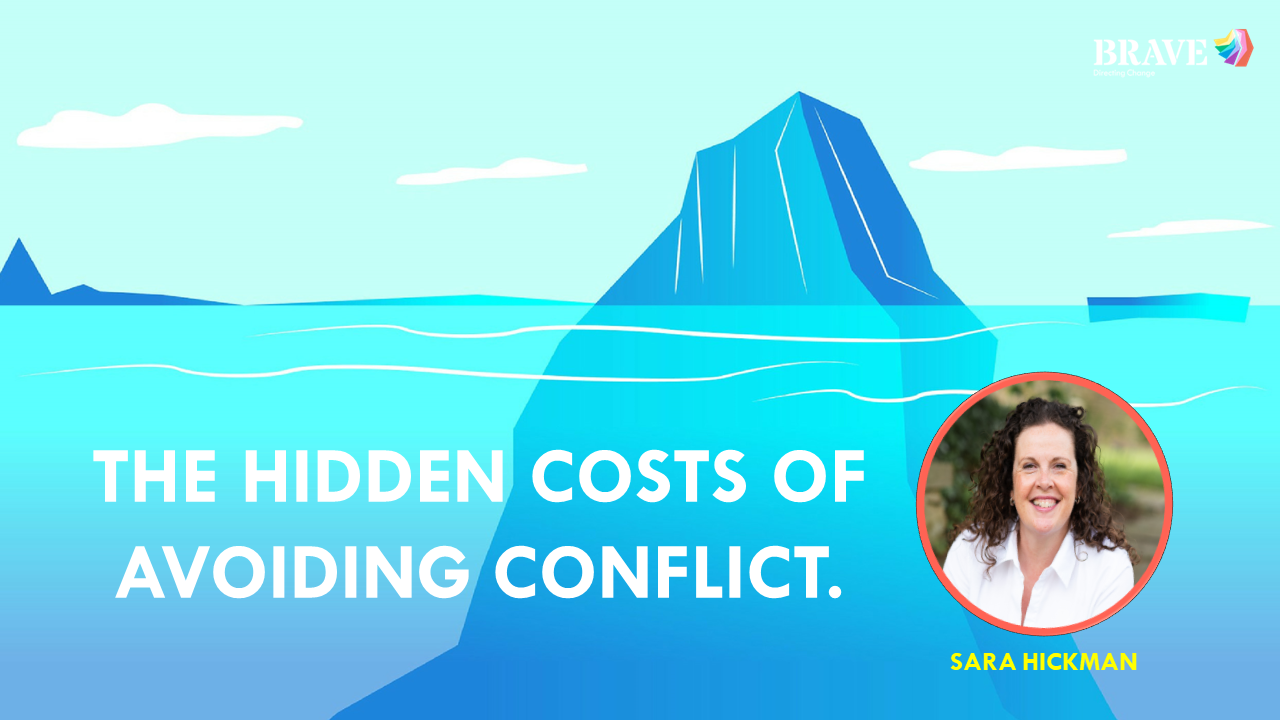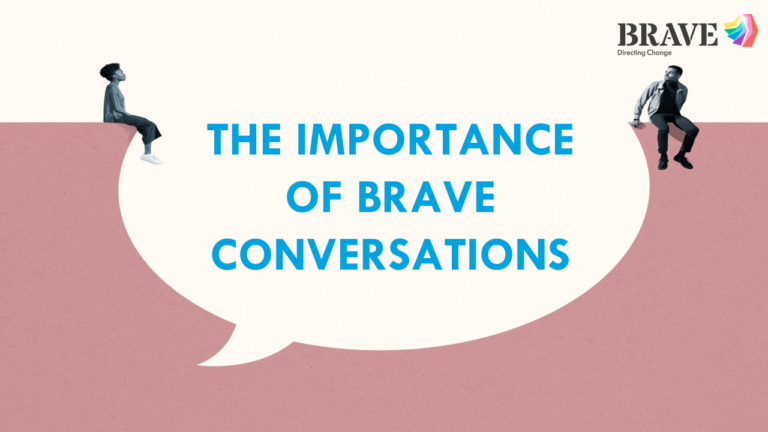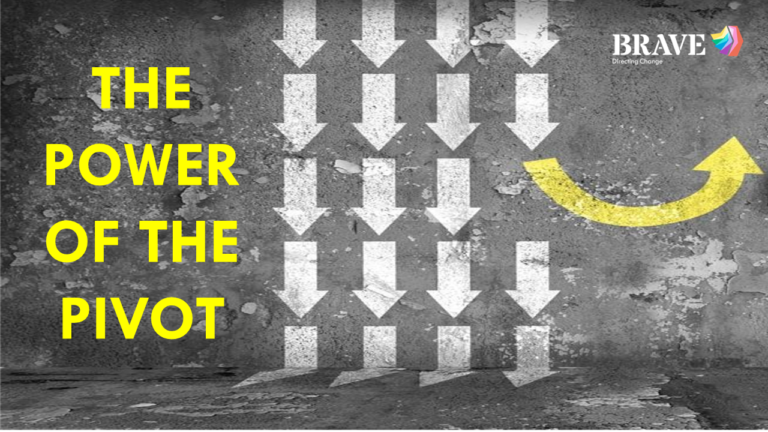Wanting to avoid conflict is a completely natural part of human interaction. Trust us, there are only a select few who begin each day with the burning desire to run into some conflict along the way!
It’s perfectly normal to just want the easy life, and in essence, look for the quietest and most peaceful option.
For many of us, avoiding conflict can be damaging to our roles and self esteem at work (and in our personal lives too) but, and here’s a terrible thought you’ll probably wish you never read.
But, what if, by avoiding the very thing you fear the most, you might just unleash a beast you like even less…
‘Underlying Tension’ 😱
When we choose to sidestep a conflict, we may experience feeling of immediate relief and even success! But, if you’ve really just created tension by ‘sweeping it under the rug’ you risk allowing it to fester beneath the surface until it’s ready to make things a whole lot worse.
Here’s a few reasons why avoiding conflict can lead to the unleashing of underlying tension:
Suppressed emotions
When we dodge a confrontation, we suppress our feelings and emotions. This suppression can create a sense of unease, which builds over time, like a pressure cooker ready to explode.
You’re not speaking up
Conflict often arises from miscommunication or misunderstandings. By avoiding the issue, we miss an opportunity to clarify and rectify the situation, by speaking up and avoiding assumptions and misconceptions to thrive.
Unresolved Issues
Unaddressed conflicts result in unresolved problems. These problems won’t disappear on their own; they often persist and potentially worsen, causing long-term damage to the relationship or situation.
Bye bye Trust
When people avoid conflict repeatedly, trust can slowly disappear. Others may perceive them as insincere or uncommitted to resolving issues, leading to a breakdown in trust and rapport. It’s hard to work with people you don’t trust.
Conflict Incoming!
The longer a conflict is left unaddressed, the more it can escalate. As the tension builds it feeds the initial conflict until they’re both ready to create the perfect storm. What was once a small disagreement may grow into a substantial issue that’s even harder to tackle.
So, what do We Are BRAVE suggest we can we do to avoid the accumulation of underlying tension while addressing conflict effectively?
Open Communication
Engage in open, honest, and respectful communication when conflicts arise. Speak Up and discuss your concerns and listen actively to the other person’s perspective.
Right Time and Place
Select a good time and a private setting for discussing conflicts wherever you can. An audience often escalates an issue and encourages poor behaviours. Always try to stop, think and then respond instead of react.
Disagree Well
Disagreeing with someone doesn’t have to mean you dislike them! Use our tactics to help you move forward in a mature and collaborative way. If a conflict seems impossible to resolve on your own, consider involving a neutral third party, such as a mediator or HR, to help facilitate the conversation.
Decide on Solutions
Instead of dwelling on the problem, work together to decide on viable solutions. This shifts the focus from blame to resolution.
Think about your thinking
Reflect on each conflict as an opportunity for personal growth and relationship improvement. Learn from your experiences to prevent recurring issues.
We think with a little help from us you can master the art of disagreement, calm conflict and collaborate effectively with your colleagues. It all starts with being BRAVE.
Sara


